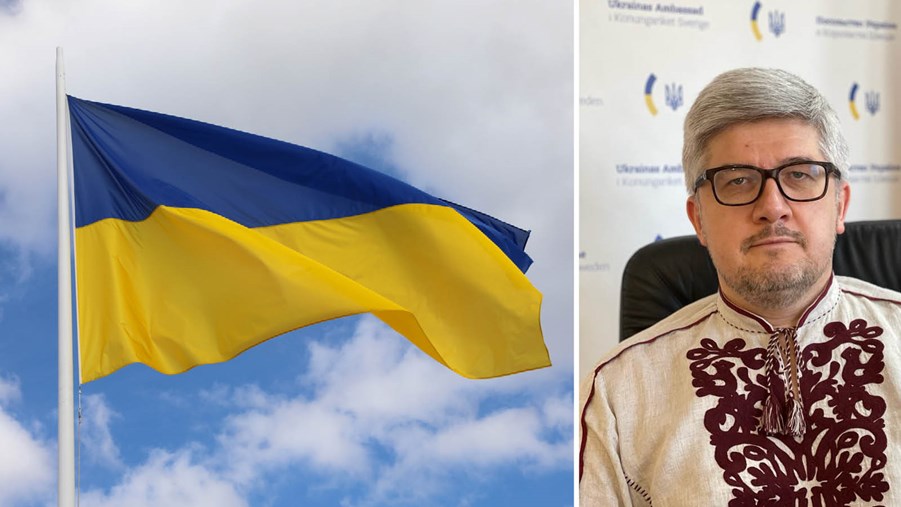
Ukraine's ambassador to Sweden, Andrii Plakhotniuk, appealed for Swedish and international support to revive the forest-based sector in Ukraine as part of the post-war reconstruction of the country when he attended the conference "Framtidsmötet", organized by the Swedish Forest Industries.
“We hope that Sweden will actively participate in the post-war reconstruction of our forest-based industry, be that support financial, or its well-known expertise and knowledge,” Plakhotniuk says.
Given the scale of the challenges associated with post-war reconstruction, Plakhotniuk also stresses the importance of acting now.
“We shouldn’t wait. We should start right now, so that when the war is over, we’re immediately ready to start this process. We need to start co-operating, implementing and developing this co-operation immediately.”
Despite the scale of the challenges, Plakhotniuk was upbeat about the opportunities bilateral and multilateral co-operation could unlock.
“With new technologies and new practices to start new projects, we can become a test ground for new forestry technologies and other sectors to revive forestry and the whole ecological system.”
“Among the measures I think can be implemented right now are enhanced exchanges and communication between industries in Sweden and in Ukraine. This might take the form of short-term training for our Ukrainian specialists in areas [of Ukraine] that have been liberated and areas that are far from the frontline.”
Starting short-term training programmes would enable Sweden and Ukraine to establish what should be done tomorrow, in a couple of years, in a decade, Plakhotniuk said.
“We sincerely invite all the partners to come to Ukraine to start with small projects in areas where they can implement them right now. When we have success stories from these projects, they can be further implemented in other areas. So, we invite new technologies, specialist knowledge, best practice in forest-based sector that Sweden has, along with all other countries in EU and elsewhere in the world.”
Underlining the scale of the challenge, Plakhotniuk said that since the start of the war in February 2022, an estimated 1.24 million hectares of nature reserve territory has been affected, as has three million hectares of forest, of which 450,000 hectares are in areas under occupation by Russia or in areas close to combat zones. Large tracts of land have also been contaminated by mines and unexploded ordinance. Around fifty per cent of Ukraine’s wind farm capacity has also been lost during the war.
Plakhotniuk also says that initiatives such as the New European Bauhaus can serve as effective hubs for connecting different kinds of projects to accelerate work on the reconstruction of Ukraine in all spheres, not only forestry. Again, however, Plakhotniuk stressed the need to start acting now to have results in the foreseeable future.
Framtidsmötet 2023 was held in Stockholm in April and focused on how the forest-based sector can accelerate the transition to a fossil-free future.